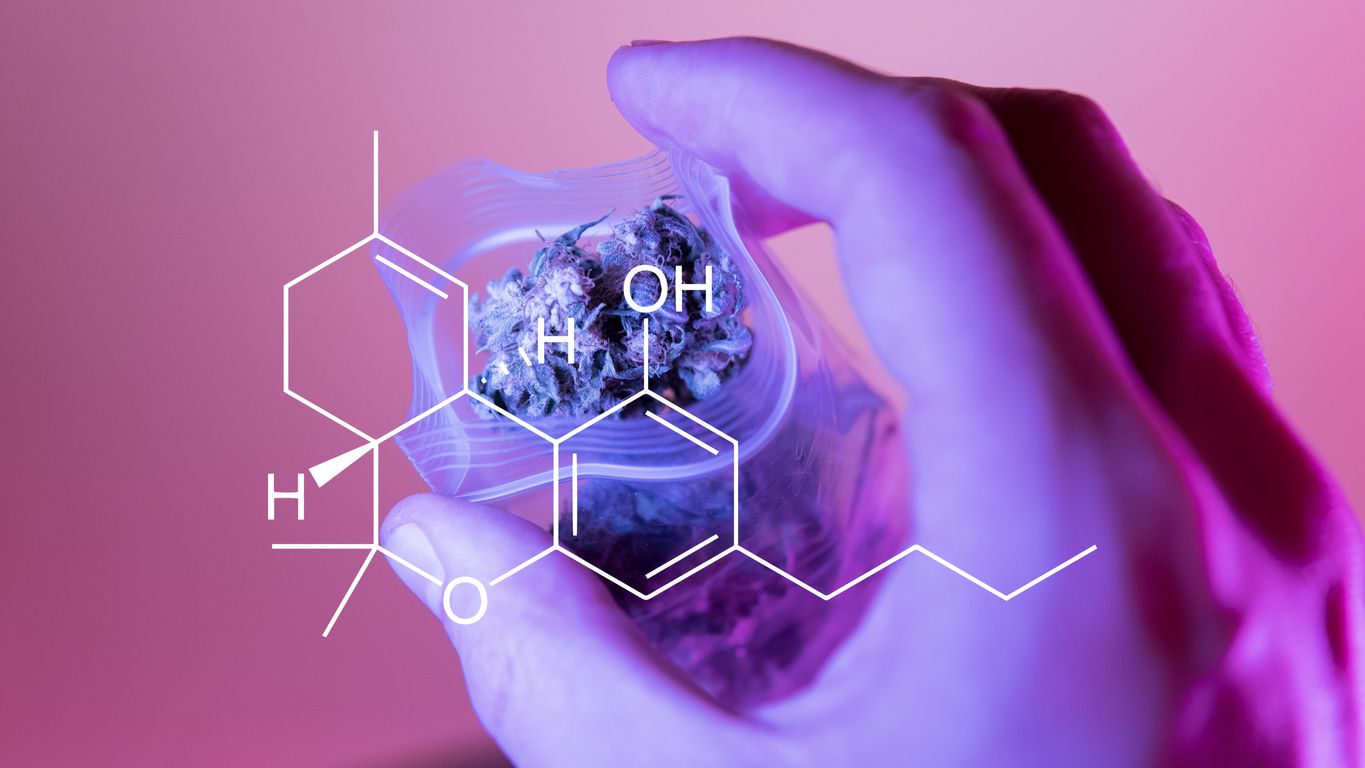Marijuana for treating anti-inflammatory diseases
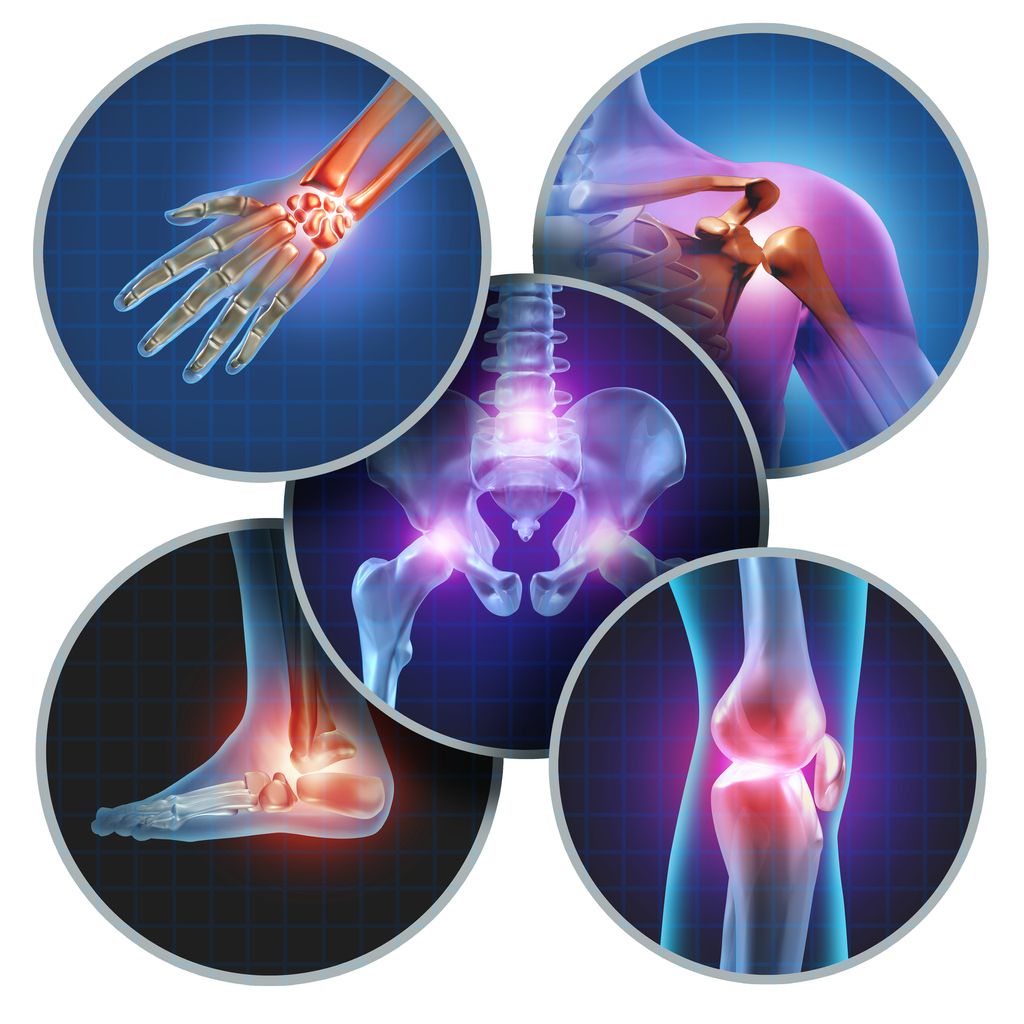
It can be challenging to navigate through years of testing many different medications to solve such a common problem as inflammation. The legalization of marijuana for many opened up the door to a whole new alternative treatment for chronic anti-inflammatory conditions, and as further research happens, the opportunities to use this plant in the medical field as a healing agent will surely expand.
What is inflammation?
Inflammation is critical to the immune system and triggers the reactions that help our bodies to manage infection or injury. It is necessary for initiating repairs so that our open wounds don’t become infected by foreign invaders such as bacteria. Higher levels of blood flow and antibodies and white blood cells are directed to the area to aid in the healing process, which causes the swelling, but in some cases, inflammation and pain can occur in areas where it is not needed. This is often the direct result of an autoimmune disease.
Symptoms of inflammation
The symptoms that are felt by sufferers of inflammation may vary in intensity and severity on a person by person basis:
- Stiffness
- Pain
- Swelling
- Chronic pain
- Loss of feeling (localized)
- Fatigue
- Loss of appetite
- Chills
- Fever
- Headaches
- Decreased energy levels
Causes of inflammation
There are so many things that can trigger this inflammatory response that often, it is difficult to obtain a proper diagnosis without medical assistance. However, if you are wondering whether or not the symptoms that you are currently experiencing are the direct result of inflammation, then you may want to look over this helpful list of some of the most commonly reported side effects:
- Insulin resistance
- Allergies
- Synthetic materials
- Emotional stress
- Physical injury
- Hormone imbalance
- Chemicals
- Digestive problems
- Physical stress
- Food sensitivity
- Bad eating habits
- Abdominal pain
- Mouth sores
- Auto-immune disease
Is marijuana a natural anti-inflammatory?
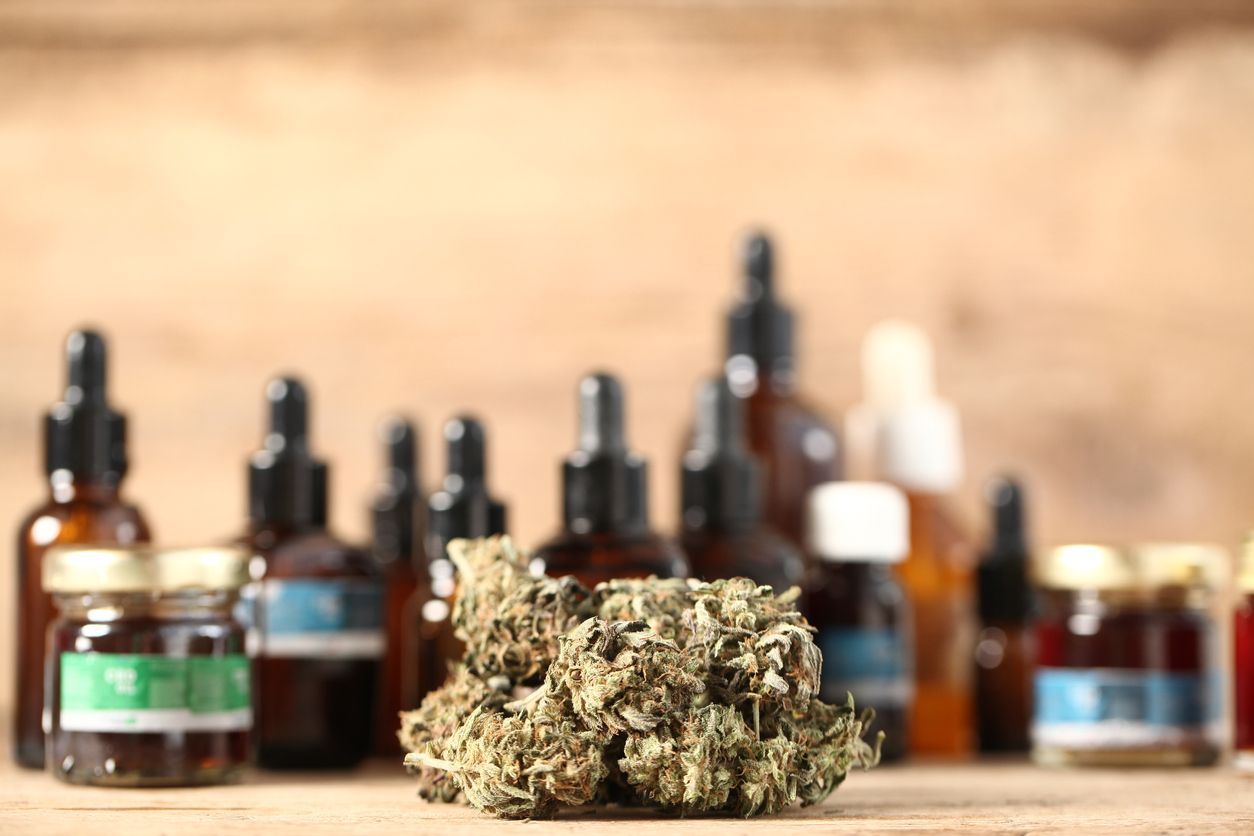
The best part about using marijuana anti-inflammatory treatments is that they are completely 100% all-natural, and in most cases, cannabis products are made with extractors that leave behind minimal amounts of residue. Meaning that they are 100% purified marijuana plant, as such, leaving very little chance of adverse reaction to additives. As long as the cannabis is grown under the proper conditions without unhealthy chemicals these products end up being entirely derived from plant materials and oils, which is a large part of the reason why marijuana is the only, completely safe treatment option on the market today.
How does marijuana work to treat inflammation?
The components of the cannabis plant, most commonly known as THC and CBD, work together to provide both instant pain relief as well as a long-term solution to increasing a person’s quality of life after decreasing many of the uncomfortable sensations that are caused by inflammation. Though for many years it was believed that all marijuana strains would offer the same benefits, we know now that the science behind how and why this treatment has such stellar success is much more complicated.
How effective is marijuana as an anti-inflammatory?
According to one study conducted by the NCBI, terpenes have a powerful anti-inflammatory characteristic as well, and this element doesn’t need to be ingested to work. Though this treatment is still under rigorous debate, the results from the years of cannabis research cannot be ignored, as it shows a significant potential.
Cannabinoids are the most effective marijuana anti-inflammatory elements, and we still have yet to uncover their complete potential. We do know that the way these elements interact with the endocannabinoid system, and the manner in which they are found on the primary cells of the immune system, shows that it is highly likely that both THC and CBD can play a major role in the health and healing of human beings, and many other mammals.
Marijuana anti-inflammatory uses
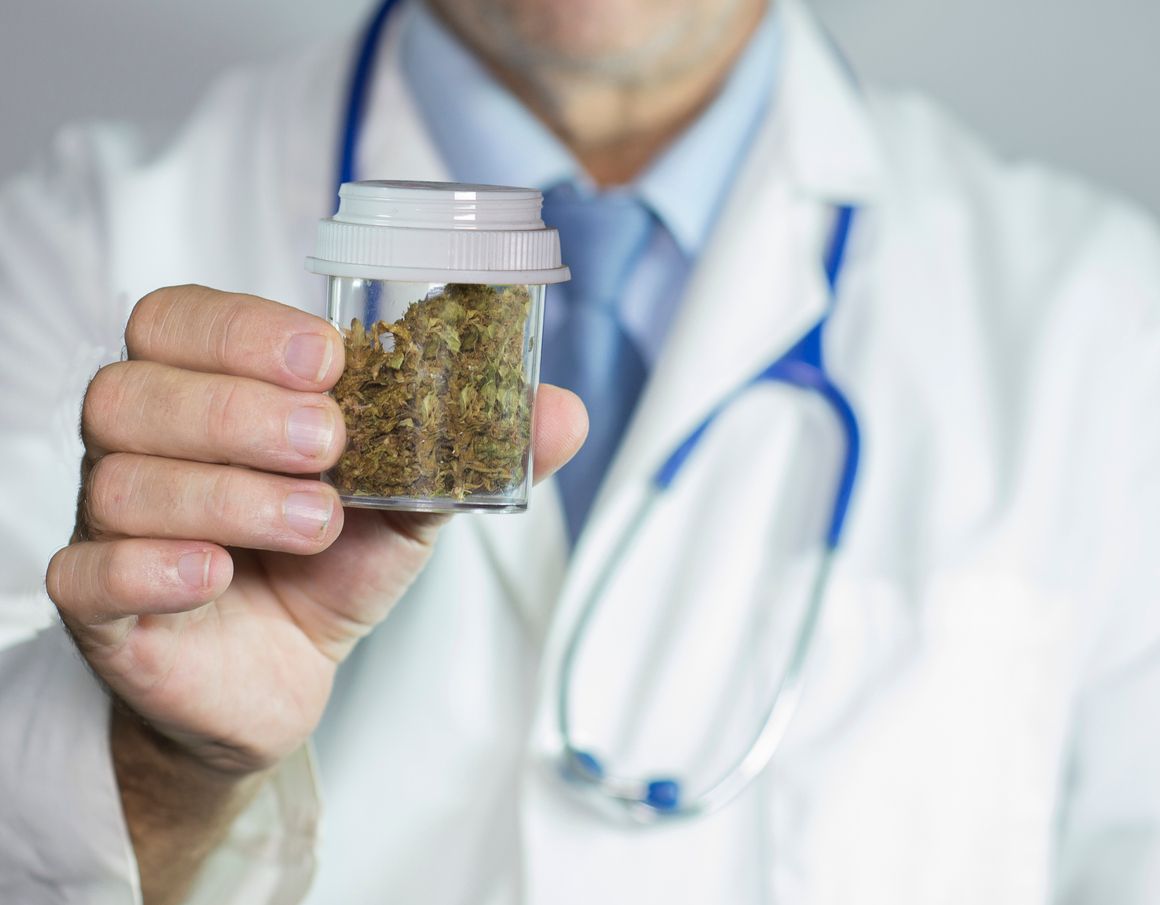
Technically, medical marijuana can be used as a treatment for nearly any kind of inflammatory conditions, including both acute and long-term diagnosis. However, there are a select few, specific diseases and medical conditions that can be treated within cannabis products including:
- Hepatitis
- Bronchitis
- Crohn’s disease
- Ingrown nails
- Appendicitis
- Asthma
- Open wounds
- Sinusitis
- Too much physical activity (strain)
- Peptic ulcers
- Dermatitis
- Rheumatoid arthritis
- Tonsillitis
- Internal trauma
- Ulcerative colitis
- Meningitis
- Periodontitis
CBD vs THC
Medical marijuana is a vague term that is used to describe strains that have proven to be beneficial for certain conditions, but each strain comes equipped with its own unique combination of cannabinoids and terpenes. The two primary active cannabinoids that are put into a multitude of cannabis products are THC and CBD. For many years THC was accredited for all of the miraculous results of this natural therapy, but we now know that CBD is just as, and possibly even more important than its psychoactive counterpart.
THC
Tetrahydrocannabinol (THC) is the psychoactive element that is found in most medical marijuana strains, and it is what induces the intense euphoria that is so often associated with cannabis use. Though it is capable of relieving some inflammation, it is most effective for treating painful symptoms when they start. On its own, THC does not offer much for long term reduction of inflammation.
CBD
Cannabidiol (CBD) was an entirely misunderstood element, one that was not originally believed to contribute to the benefits of marijuana anti-inflammatory treatment. However, we now know that CBD offers a significant advantage over THC with its long-term effects, which can help to reduce symptoms of autoimmune diseases and conditions over time, with much smaller doses, and absolutely no psychoactive effects.
The role of beta-caryophyllene in marijuana anti-inflammatory treatment
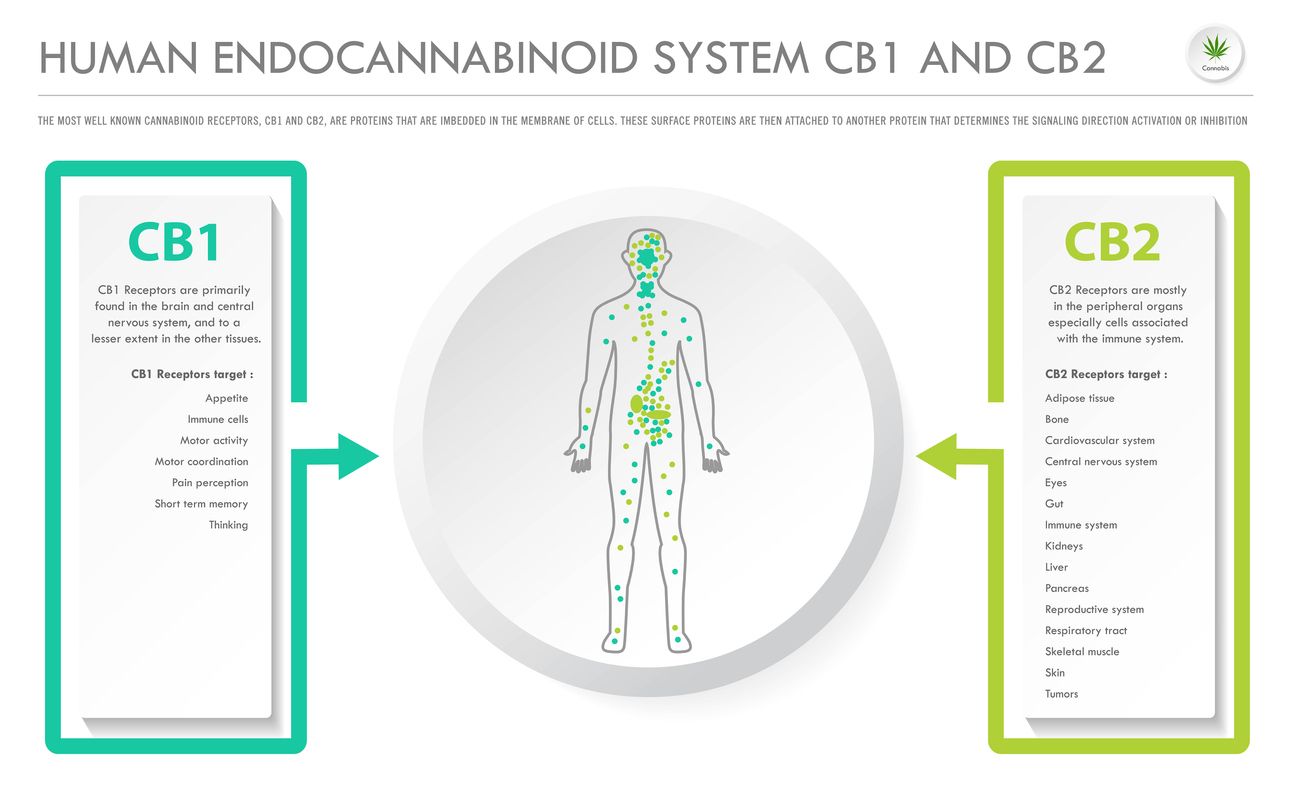
Though many patients and consumers alike believe that cannabinoids are the most influential factors in success when using a marijuana anti-inflammatory treatment. Beta-caryophyllene makes up between 12 and 35 percent of the plant’s essential oils, and it is able to interact with the endocannabinoid system in a unique way.
Where cannabinoids seem to target both CB1 and CBD receptors, beta-caryophyllene only activates the CB2 receptors which are responsible for the high sensation that is experienced after ingesting medical marijuana products. However, since it does not attach itself to the receptors, it does not trigger those psychoactive effects, while still managing to offer the stimulating medicinal benefits that most patients with anti-inflammatory issues could benefit from.
Marijuana anti-inflammatory benefits
Most people will admit to the benefits of marijuana for pain relief, but unfortunately, few doctors and physicians are willing to administer this treatment specifically for its anti-inflammatory benefits. That is due to a lack of in-depth research to either confirm or deny this claim. However, according to the FDA and the medical cannabis community, both THC and CBD might not yet have approval, but these elements are currently being investigated to further understand just how much they can truly help people with anti-inflammatory diseases or conditions.
So far, what we know is what researchers in prior cannabinoid studies have confirmed and uncovered, which includes a relatively long list of potential benefits that are thought to be the result of using a marijuana anti-inflammatory treatment including:
- Reduced seizure activity (which may lead to injury)
- Decreased eye pressure in Glaucoma patients
- Anti-cancer characteristics
- Less anxiety
- Improved cognitive performance for Alzheimer’s patients
- Eliminated or reduced pain
- Enhanced appetite
- Mood regulation
- Decrease in symptoms for IBS sufferers
- Hormone regulation
- Relieves stiffness and pain associated with medical conditions like Arthritis
- Better quality of sleep
- Increased appetite
Side effects of medical marijuana
Though many consumers and patients can make it through years of consumption without experiencing a single negative sensation after using medical marijuana, there are some plausible possible side effects that should be considered before starting on any marijuana anti-inflammatory treatment.
- Anxiety
- Paranoia
- Panic
- Delayed reaction time
- Altered sense of perception
- Short term memory issues
- Trouble with decision making
- Coordination problems
- Addiction
- Antisocial behavior
- Nausea
- Grogginess
Methods of treating anti-inflammatory conditions using medical marijuana
One of the best things about medical marijuana is that it doesn’t have to be smoked to work, and there are now a wide variety of options for patients to choose from that don’t come paired with the same adverse impacts that smoking creates. Many of which can worsen symptoms of certain anti-inflammatory conditions.
Below, you will find a helpful list of some of the most popular, and most frequently recommended methods of treating inflammation with the properties of medical marijuana.
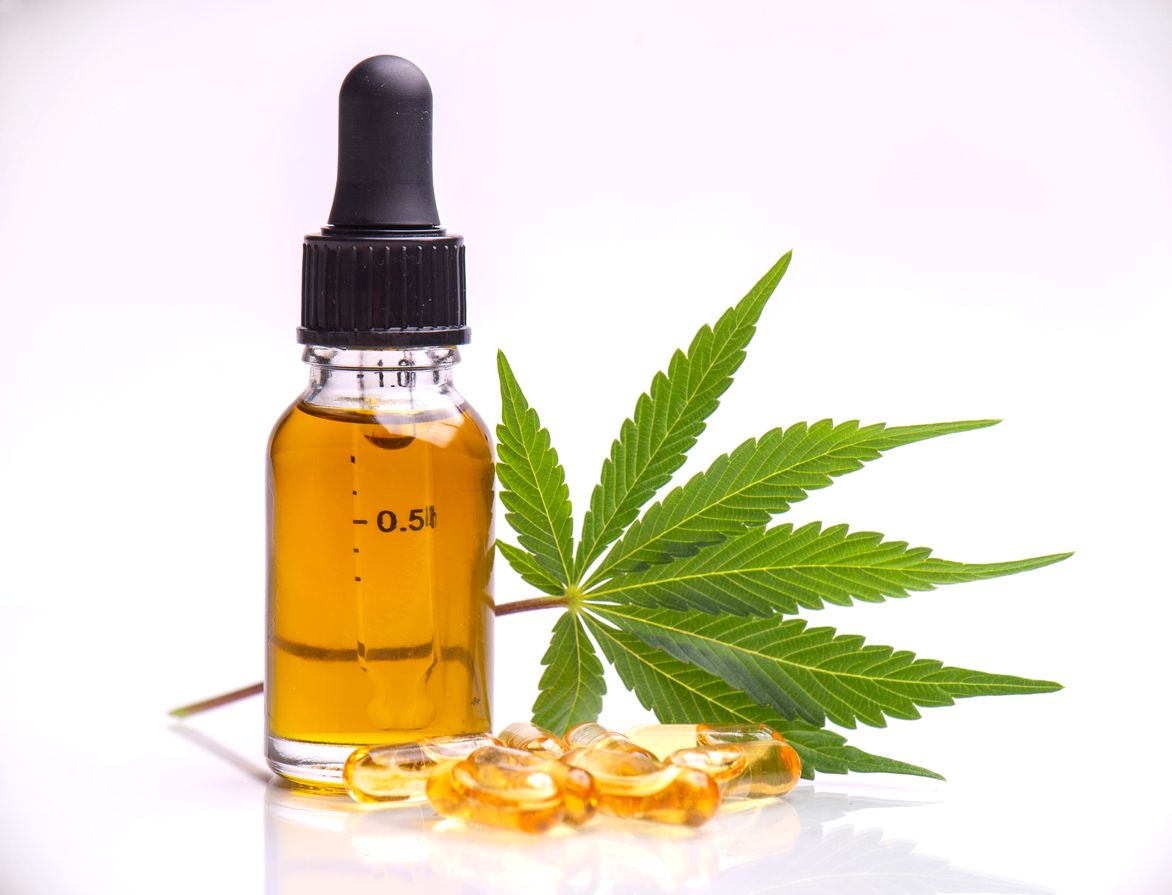
- Capsules
- Edibles
- Flower
- Vape juice
- Concentrates
- Topicals
- Oral sprays
- Cannabis oil
- Crystals
- Tinctures
Those that are ingested in a more traditional manner such as inhalation and ingestion are much more likely to come paired with the psychoactive effects of medical marijuana. However, those that are used topically such as salves, sprays and balms offer the benefit of removing this side effect, while delivering a steady flow of cannabinoids directly to the problem area. Both of which can greatly improve the effectiveness of a marijuana anti-inflammatory treatment and offers the patient a stricter control over any adverse impacts.
The best strains with anti-inflammatory properties
The best strains for your particular medical condition may vary greatly when compared to a fellow patient, which is why it is so important to go into this type of treatment with an open mind, and plenty of patience. There is bound to be a period of necessary experimentation to find what works the best for your symptoms, but luckily, it isn’t all guesswork, as we have years of documented personal experiences along with scientific studies to refer to as a base for choosing a medical marijuana strain.
From looking at what we know so far, the most important factors in treating most anti-inflammatory conditions are ensuring that the beneficial elements are present in the strains that we use. Below you will find a list of some of the most popular medical marijuana strains that all produce fair amounts of THC, CBD and or beta-caryophyllene.
1. Candyland
THC content: 19%
CBD content: 0%
2. Gorilla Glue
THC content: 32%
CBD content: 0%
3. Girl Scout Cookies
THC content: 28%
CBD content: 1%
4. Blueberry Cheesecake
THC content: 20%
CBD content: 0%
5. Royal Cookies
THC content: 23%
CBD content: 2%
6. Bubba Kush
THC content: 23%
CBD content: 0%
7. Death Star
THC content: 26%
CBD content: 1%
8. Original Glue
THC content: 30%
CBD content: 3%
9. Cookies and Cream
THC content: 25%
CBD content: 0%
10. Purple Punch
THC content: 25%
CBD content: 1%
How to tell if a strain includes beta-caryophyllene
Unfortunately, most medical marijuana dispensaries and vendors do not label products with this essential information, but this element does have one trait that is easy to pinpoint by smell. High beta-caryophyllene strains will always include hints of relaxing lavender, so if you can detect the subtle aroma of these delicate flowers, then chances are your strain produces plenty of this component.
How to apply for medical marijuana for arthritis pain or anti-inflammatory?
As long as you live within a region that offers medical marijuana licensing, this official document can typically be obtained after a simple visit to your family healthcare provider or cannabis clinic. Most will require proof of the symptoms occurring, as well as a medical history that includes both past and current medications. As introducing cannabinoid treatment at the same time as some pharmaceutical options can inhibit their ability to function properly, and ultimately make then less effective.

